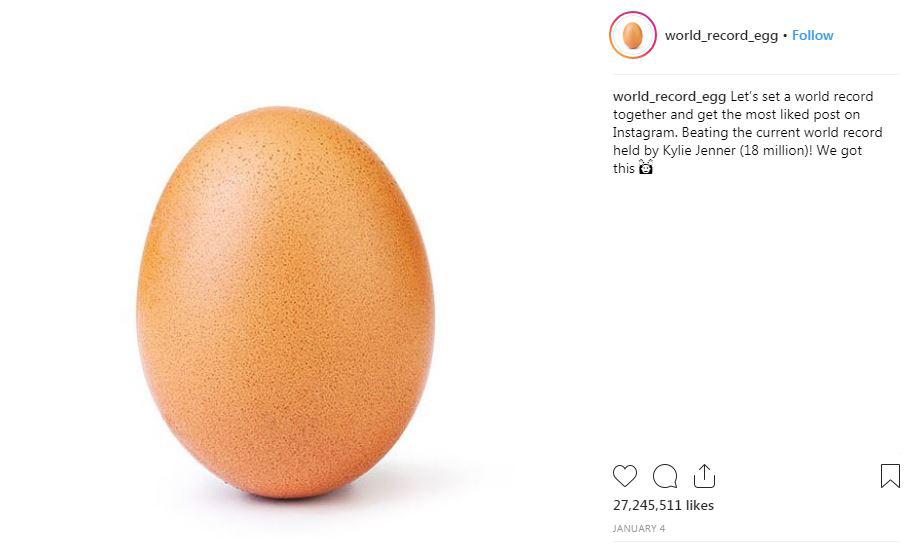By Luka Secilmis, Year 11
New York City can be unbearable during the summer. It is so hot that the moment you step out of your air conditioned apartment, the city seems ablaze. The longer you’re out there the more you feel like a melting popsicle, sweat dripping down your shirt, in the city’s almost tropical humidity. You can’t go above 14th Street, fearing the millions of tourists who make their way from one tourist attraction to the other. You can’t do anything besides sipping your large-sized ice coffee, while on the lookout for an AC. During the summer, many New Yorkers are forced to retreat to Long Island which is exactly what my family and I did.
Knowing what a schlep it would be to take the train, we rented an SUV and drove from Manhattan, through Brooklyn and Queens, to Long Island. It was different from our previous Long Island trips; this time, my mom had managed to convince my dad not to rent an Air B&B near some empty beach at the end of an endless road. For the first time, we stayed in a hotel in Sag Harbor near the Hamptons which is the nicer part of Long Island. We stayed for a week: going to the beach every day, going sailing, breaking our city habits. At first, when it came to food, we stuck to the usual stuff like pancakes, burgers, and pizza, till one night my dad decided to break that habit as well.
That night, we drove out of town for about an hour heading to “The Bell and Anchor”, a famous fish restaurant in Long Island. It was right by the Atlantic Ocean, and we parked meters away from sailing boats and yachts. We had a reservation at 7pm, so we walked around a little bit. While taking pictures of the lake, boats, and sunset, I heard a sudden thump. My little brother had tripped on the rocky ground of the restaurant’s parking lot. His knee was scraped up and bleeding pretty badly. We helped him into the restaurant: a huge change of scenery. It was dimly lit and fancy, smelling of candles. We were sent to the bar by the hostess, being told that our table would be ready in 20 minutes. The bartender was very helpful, and got my brother ice, while we disinfected his knee. Afterwards my parents chatted with some people at the bar, while my brother and I watched the first inning of the Mets game on the bar’s TV. I think we were either playing the Cubs or Marlins that night, but, as usual, we were losing terribly. While my brother and I blamed our bullpen and our injured star-pitchers, we never would have guessed that the Mets would make a playoff run in the very near future.
Just as the Mets gave up another run, the hostess came to us, asked how my brother was doing, and showed us to our table. We were handed menus with nothing but fish and seafood on them. My brother and mom ordered, to no one’s surprise, fish. My dad, however, ordered two lobsters. While he explained to me why this place was so famous for its seafood, I remembered seeing lobster being sold back when we lived in Turkey. They were thrown into boiling water alive, slowly dying and twitching their tails in distress. As I was being handed a bib and the lobster-eating tools, I started feeling more and more like a pathologist about to perform an autopsy on a fresh carcass. The food was brought to our table.
I felt horrible. Wondering about the pain he had gone through before being placed in front of me, I thought of how I was going to tell my parents I had just become a vegetarian. In order not to disappoint my dad, I swallowed my thoughts and started my dissection. I mimicked my dad, twisting off the poor guy’s claws, breaking him into sections, cracking through his body with my tools, and scraping off his juicy flesh. This was no longer an autopsy; it was a massacre. I had never felt so bad about eating something. If agony had a taste, it would be the taste of lobster.
That night I didn’t feel like dessert anymore. I felt horrible, the taste of death spreading from my mouth to my stomach. I got into bed and turned on the TV to get my thoughts away from the night’s events. The ninth inning of the ballgame was on and the Mets were still losing.



